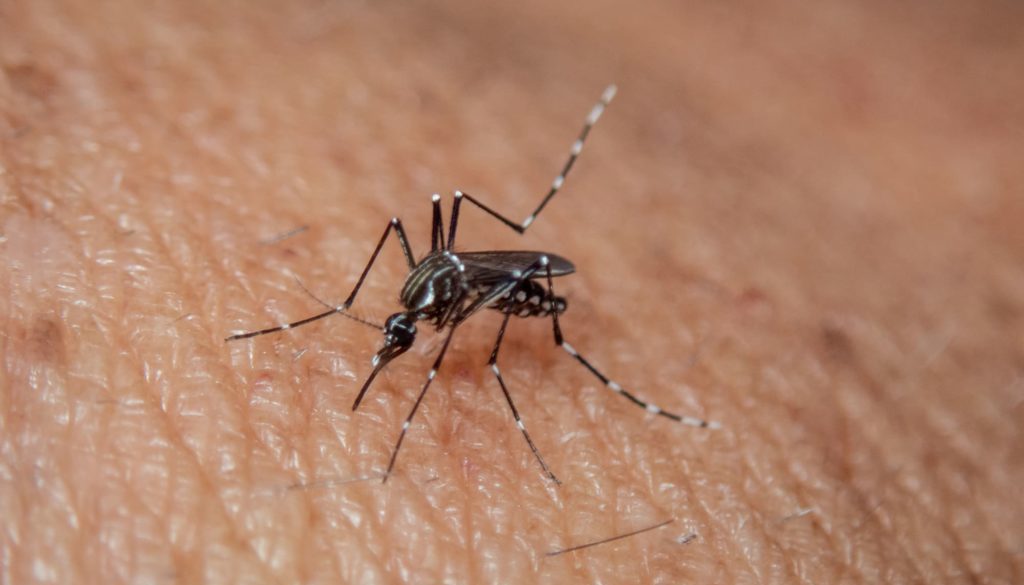Malaria Prevention – What You Should Know
At TravelSafe Clinic we see a lot of travellers planning trips to destinations where there is malaria risk. We also often see a lot of misconceptions when it comes to malaria and malaria medications. Below we’ll answer some common questions about malaria, address somemisconceptions, and outline the key things to know about malaria medications.
Facts about malaria:
• Travellers can be at risk for malaria in 87 countries around the world, mainly in Africa, Asia, and the Americas.
• The World Health Organization estimates that there were 219 million cases of malaria in 2017 and about 435,000 deaths.
• The majority of malaria deaths occur in children under 5 in sub-Saharan Africa.
• There is an average of 488 malaria cases per year in Canadian travellers, occurring mostly in travellers visiting sub-Saharan Africa, followed by South Central Asia.
• Most of the malaria cases in Canada occur in travellers visiting friends and relatives, followed by business travellers.
What is malaria?
Malaria is caused by 4 types of Plasmodium parasites. It is spread by infected mosquitos that generally bite from dusk to dawn. When the mosquito bites it infects a person with malaria parasites which travel to the liver and can lie dormant for about 7 to 30 days. When the parasites mature, they leave the liver and infect red blood cells. This is typically when signs and symptoms of malaria occur.
What are the symptoms?
Symptoms of malaria are similar to the flu and can cause fever, chills, headache, muscle aches and fatigue which usually occur at intervals. Uncomplicated malaria can also cause anemia and jaundice. If not treated promptly malaria can become life-threatening leading to swelling of the brain, seizures, kidney failure, breathing difficulties, coma and death. Some types of malaria can relapse weeks or months after infection.
Do I need to be travelling in the jungle to be at risk for malaria?
Not necessarily! There is malaria risk in many large urban centres, and you could be at risk of malaria even just spending a night or two in one of these places. For example, in India there is risk in the city of Mumbai, with a population of around 18.4 million. There is also risk in the large urban centres of East and West African countries, so you could be at risk even before you start your safari.
If I drink gin and tonic will it protect me from malaria?
At one time tonic water contained large amounts of quinine which is protective against malaria. It was used for centuries to prevent malaria. These days, tonic water contains much less quinine. You would need to drink 67 litres of tonic water a day to be protected against malaria! That’s a lot of gin and tonics!
Is there a vaccine for malaria?
There is no vaccine available for travellers to prevent malaria. A new malaria vaccine was launched in April 2019 in Malawai to prevent malaria in children less than 2 years of age. It is not a vaccine that will be available for Canadian travellers. Travellers at risk of malaria need to take antimalarial medication for protection.
Antimalarialmedication – there are options
We see many travellers who are hesitant to take malaria medication because they have heard of negative side effects. The malaria medication with this negative reputation is called Mefloquine (brand name Larium) and is only one of several choices for malaria prevention. Mefloquine is generally well tolerated, with only about 5% of people experiencing rare side effects. These rare side effects can include vivid dreams, difficulty sleeping, anxiety, depression and mood changes.Travellers who take mefloquine can begin 2-3 weeks prior to departure to monitor for any rare side effects.
Other choices for antimalarial medication include Malarone, doxycycline, and chloroquine. These medications are generally well tolerated with few side effects. The malaria medication prescribed for you will depend on your destination, health history, and preference.
The importance of continuing your antimalarial medication when you get home
Antimalarial medications need to be taken before entering the malaria area, while in the malaria risk area, as well as after leaving the risk area. Malarone needs to be continued for 7 days after leaving the risk area, while doxycycline, chloroquine, and mefloquine must be continued for 4 weeks after leaving the risk area.
If you are bitten by an infected mosquito, antimalarial medication does not stop the malaria parasite from entering your body but acts on the parasite to kill it. Different malaria medications act on different life stages of the malaria parasite. When a person is infected with malaria the parasites first travel to the liver and lie dormant. Malarone is the only medication that can kill this initial liver stage parasite so can be discontinued 7 days after leaving the malaria risk area. Doxycycline, mefloquine, and chloroquine act only on the blood stage parasites, so the medications cannot kill the parasites until they are released from the liver and into the blood. These medications must be continued for 4 weeks after leaving the risk area to ensure any parasites are killed that may still be released from the liver.
Malaria prevention includes more than just medication
While its important to take medication to prevent malaria, it is also essential to use good insect precautions to avoid being bitten by mosquitoes:
• Wear light-coloured long sleeves and pants at dusk and dawn
• Apply insect repellent with 30% DEET or 20% Icaridin onto exposed areas of skin
• Sleep in accommodation with air conditioning or window screens, or use a Permethrin impregnated bed net
Malaria risk is constantly changing
The risk of malaria can change from season to season, region to region, and year to year. The World Health Organization predicts that we will see an increase in malaria with climate change, stating that an increase in temperature of 2-3°C would increase the number of people at risk by 3-5% (several hundred million!). The season of malaria could also be prolonged in many malaria endemic areas.
Visit a travel clinic!
The experts at TravelSafe Clinic are up to date on current malaria recommendations and risk areas. Book your consultation at TravelSafe clinic to review your itinerary and determine if anti-malarial medication is recommended for your trip (and the best one for you to take!). Remember, it only takes one mosquito bite to infect you with malaria – is it worth the risk of not protecting yourself?
TravelSafe Clinical Educator – Kristin Cain, RN, BSc, MSc(A)



